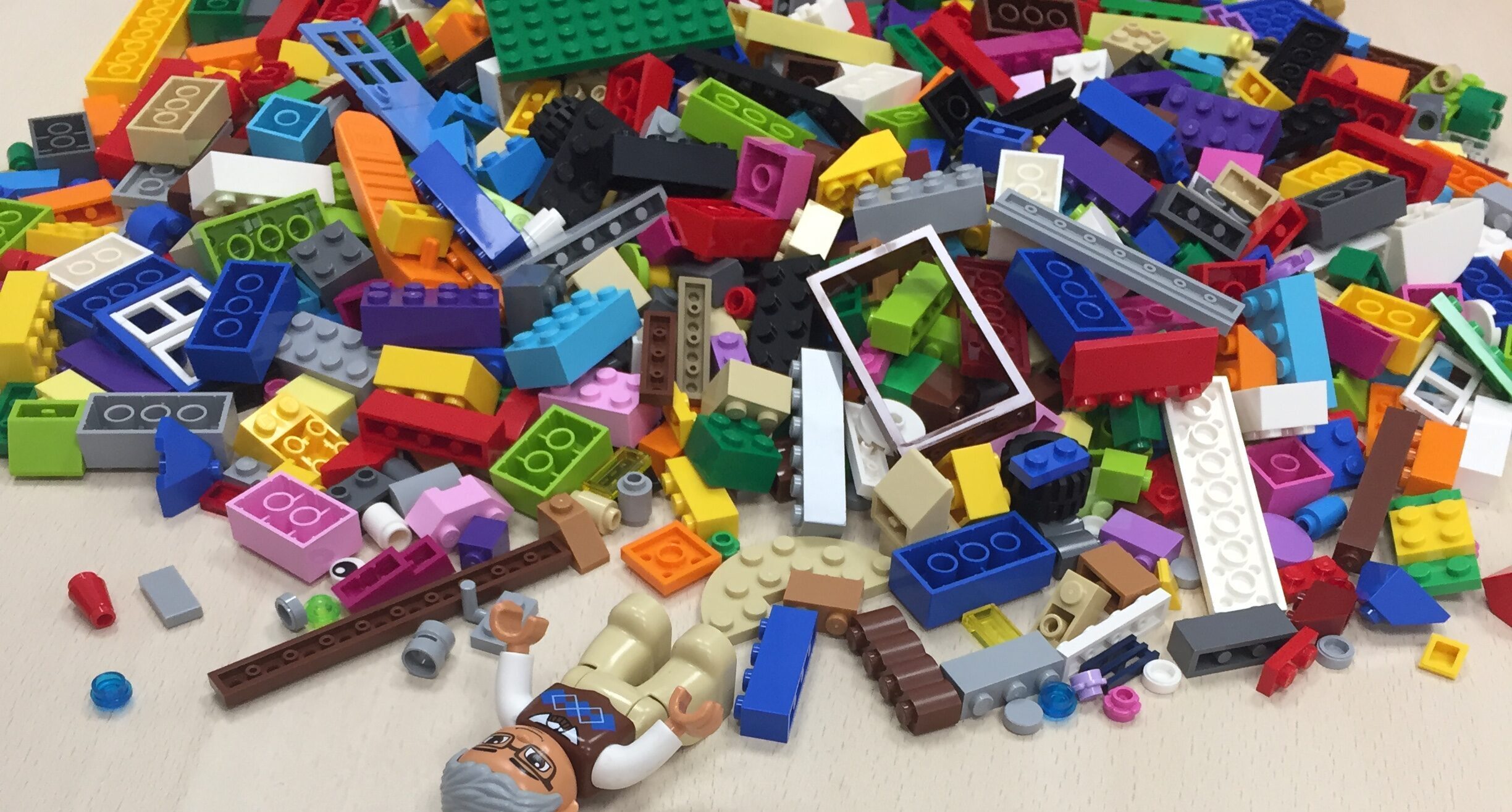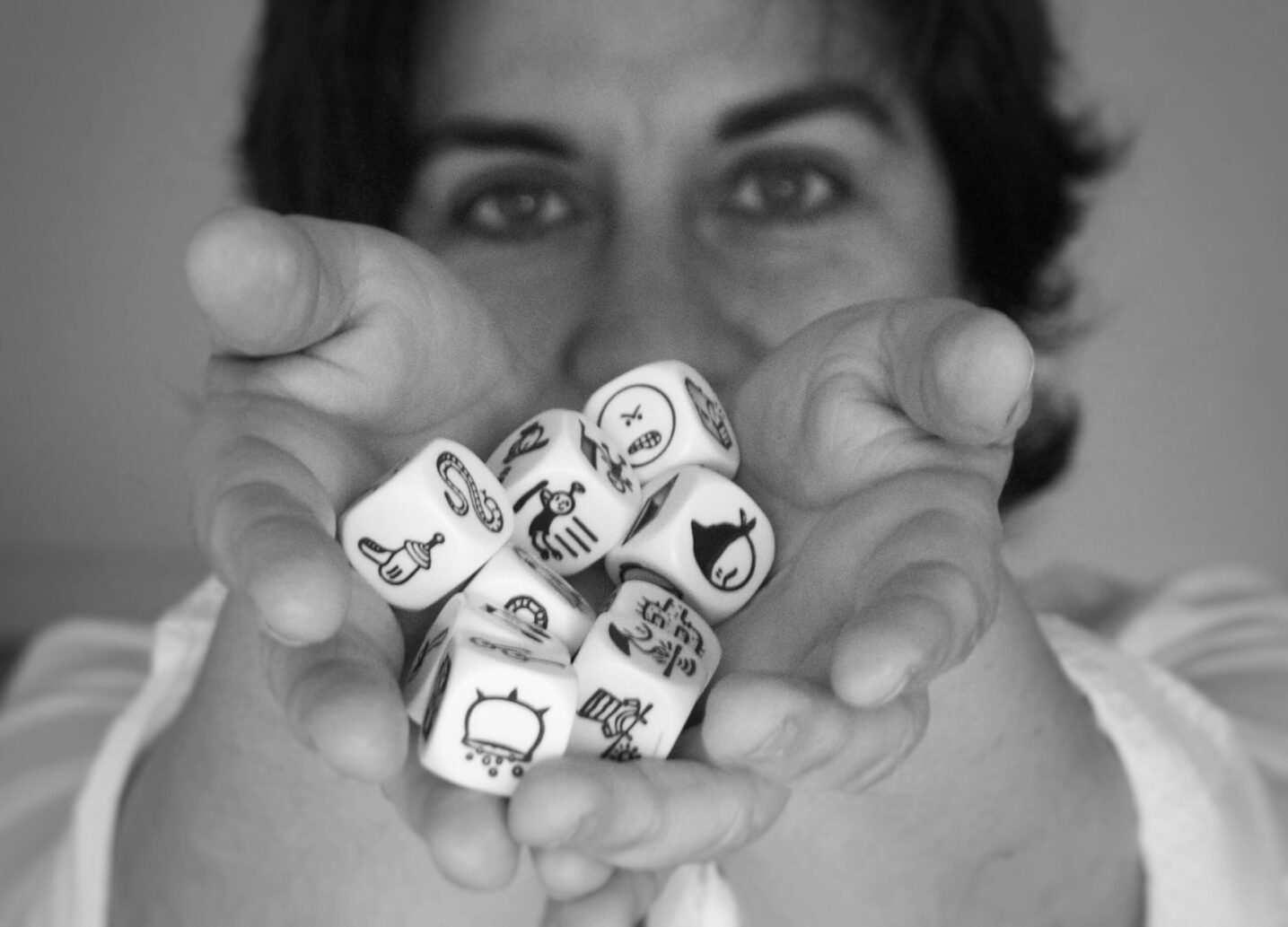Begoña Pino is a creativity ambassador, visual thinker, remote team facilitator, and undercover agent of change. She is on a mission to unlock creativity in individuals and organizations. During lockdown she decided to write a book to redefine how we think about creativity and play in the workplace.
Edinburgh degree: MSc Artificial Intelligence, PhD Education
Current treasured object: My iPad and pencil. I’m very visual and take visual notes all the time. I have edited videos and photos, created music, mind maps and numerous sketch notes with it. I feel the iPad is the best piece of tech for me, ever.
Song of the moment: ‘I feel good’ by James Brown. I have been known to play it out loud at work… it wakes me up in the morning with great positive energy, and I hope it has the same effect on those nearby.
The first thing I noticed when I woke up this morning: That I had overslept. I usually set two alarms so I have that extra 5 to 10 minutes more feeling, but it was a day off and I forgot the second one. I was awake and thinking about workshop ideas while waiting for the second sound. When I finally checked the time I realised that 45 minutes had passed. Time to start the day and time for ‘I feel good’!
I am based in Madrid, Spain, where I have been since I came back from Edinburgh in 2006. Since my family and friends are okay, I mostly feel calm and have adapted to the situation.
Before the pandemic, I had hoped to travel more frequently to Tenerife, my home island, to see my parents, but that has been on hold. In Spain, we had almost 2 months of complete lockdown from March to May. It was a very hard period for me. We did move during the summer, something that was planned that actually happened but accelerated by the pandemic.
I was lucky to be able to keep working remotely. Doing a very visual job (user experience), my focus was on finding ways to move all our tools and techniques online. It was very exciting to research what was available, combining virtual whiteboards with videocalls and phone calls. We have run real-time and offline teambuilding, ideation, even design thinking processes remotely. It isn’t straightforward but it is very doable. You need to allocate more time to preparation as everybody needs time to become familiar with the tools, and to make sure they understand what they are expected to do.
Remote team creativity [External link]
Quickly adapting to change
With the pandemic hitting people and companies hard, especially in Spain where we live off tourism, and even harder in the Canary Islands, I saw a desperate need for rapid adaptation. Creativity kept popping into my mind as a key skill that many of these industries and sectors needed more than ever.
Prior to the current crisis, I had been leisurely working towards a personal goal of increasing the global creativity quotient. I had written on the subject and experimented with small playful sessions that develop the five skills I consider essential to a productive innovation process based on Design Thinking. These are empathy, collaboration, storytelling, visual language and creativity (or divergent thinking).
A quest towards global creativity [External link]
This past year made my thoughts feel more necessary and more urgent.
Over the last 12 months I have seen how different people have reacted to the pandemic, from fear to recklessness to denial, and everything in between. Quarantine affects people differently too. I found it hard and it made me think deeply about how I want to live, but also how I can contribute. I kept asking myself how I could be more helpful, at scale, sharing what I had learned with as many people as possible.
The book idea came to me over the summer, after this period of reflection. I came across a YouTube channel by Eric Koester, aka, ‘the book Professor’, whose Book Class series of videos provided the inspiration. I was later accepted in his program at the Creator Institute where I have received their guidance.
In the book I try to inspire creative confidence, together with a real sense of urgency. I have included activities and step-by-step sessions that anyone can use right there and then. I also make a strong case for neurodiversity, since people who have a different perspective are a real asset in any innovation team.
I also feel strongly about the need to bring playfulness to the office. It reduces stress, helps people connect, and thus, increases productivity and innovation. I know play is a serious matter, and I want to see a #playfulrevolution taking place.

A magic environment
Creativity is a process that requires imagination and discipline to bring an idea to reality. It is the fuel for innovation but the reality is that those who have kept working are isolated or in a reduced social environment. In addition, the first stage of our collective response was logically devoted to ensuring business continuity. Where does creativity fit in?
Long lasting change needs to incorporate the emotional side of things too. With a background that includes a PhD in Education covering the topics of autism and technology, time as a therapeutical clown and as a user experience lead – I have seen the power of play first hand. Play is a magic environment where stress and fear disappear and creativity can flourish. People relax and bond in a completely different way.
I see a need for more flexibility in working arrangements, from time to location, but I also feel strongly about the need to bring playfulness to the office. It reduces stress, helps people connect, and thus, increases productivity and innovation. I know play is a serious matter, and I want to see a #playfulrevolution taking place. We need it more than ever.
Extra
Crowdfunding Playful Revolution by Begoña Pino [External link]
The Creator Institute [External link]



